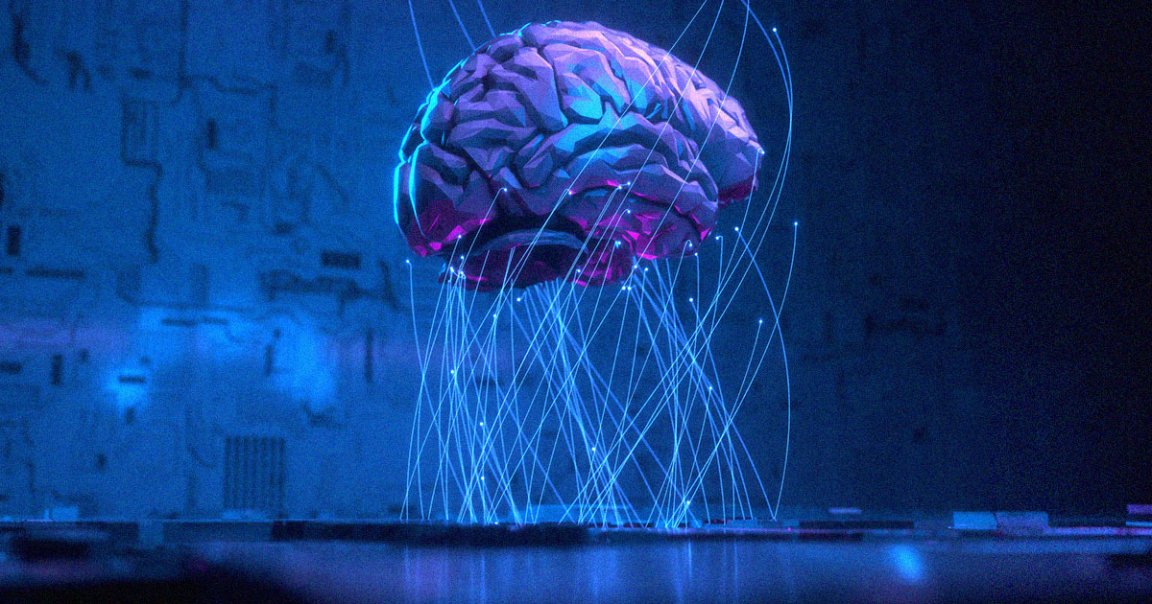
Researchers have created a “biocomputer” made up of lab-grown human brain tissue and electronic circuits that they say can perform tasks including voice recognition.
As detailed in a new paper published in the journal Nature Electronics, the researchers morphed bundles of human cells called “organoids” into neurons, and paired them up with electronic circuits to create a system they dubbed — wait for it — “Brainoware.”
The idea is to build a “bridge between AI and organoids,” as coauthor and University of Indiana bioengineer Feng Guo told Nature, and leverage the efficiency and speed at which the human brain can process information.
“We wanted to ask the question of whether we can leverage the biological neural network within the brain organoid for computing,” he added.
Ultimately, the hope is to have brain-inspired biological computers perform tasks on behalf of conventional AI — while also providing scientists with an exciting new way to study the human brain.
In a series of experiments, the team hooked up their organoid mini-brain to a plate made up of thousands of electrodes. They then sent data in the form of a series of electric pulses to the organoid and “decoded” what it spat out using a machine-learning algorithm.
Using their system, the team was able to perform voice recognition after feeding the Brainoware 240 recordings of eight people speaking.
The audio was first translated before being sent to the organoid. Each person’s speech was met with a different reaction in the form of neural activity by the organoid.
Once the AI was trained on these responses, the researchers found that Brainowave was able to pinpoint the original speaker 78 percent of the time.
According to Nature, researchers are also excited to discover new ways to study the human brain, as well as as well as neurological disorders like Alzheimer’s, by replicating its architecture in a lab setting.
However, scaling up their mini-brains to ones large enough to complete more complex tasks will likely prove difficult, as cultivating the cells is an expensive and laborious process.
But it’s nonetheless an intriguing new development in the field of biocomputing that could pave the way for brain-inspired computers in the future.
More on biocomputers: Scientists Working to Build Biocomputers Out of Lab-Grown “Minibrains”